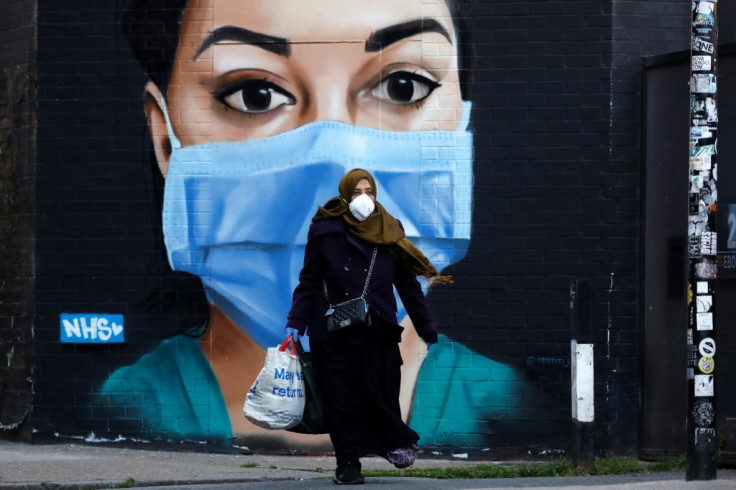Researchers explain possible ways to stop coronavirus from spreading in new study
Contact tracing of close contacts and isolation remains the key to curb the disease.
On Monday, WHO Director-General Tedros Adhanom Ghebreyesus warned that coronavirus crisis is "far from over" and urged the nations to unite in the fight against the pandemic COVID-19. Meanwhile, a study published in Lancet Infectious Diseases on Monday explains what could possibly help curb the infection from spreading,
According to Independent, the new study based on analysis of 391 coronavirus cases and 1,286 of their close contacts in Shenzhen, in China, suggests that "extensive contact tracing" and rapid isolation of infected people can be the key to slow down the spread of the fatal respiratory illness. The study analysed cases that occurred at a period of four weeks between January 14 to February 12.
Contact tracing is the process of identification of persons who may have come in contact with the infected person and exposed themselves to the virus with a heightened risk of disease transmission. This is done in order to stop chains of transmission. It is found that contact tracing can reduce the amount of time it took to isolate people who were sharing a household or came in contact through travelling or eating together.
The study was conducted by groups of scientists from Johns Hopkins Bloomberg School of Public Health, Shenzhen Centre for Disease Control and Prevention, Harbin Institute of Technology at Shenzhen, and Peng Cheng Laboratory, Shenzhen.
"The experience of Covid-19 in the city of Shenzhen may demonstrate the huge scale of testing and contact tracing that's needed to reduce the virus spreading," Dr Ting Ma, from the Harbin Institute of Technology at Shenzhen said.
As per the report, in Shenzhen, people who tested positive and showed symptoms of coronavirus received treatment at the hospital facility. Meanwhile, those without symptoms were also quarantined at quarantine centres. As for the close contacts who tested negative, they were also quarantined for up to 14 days. In addition, they were being closely monitored for 14 days. The facility tested these contacts even though they did not show any symptoms. And the fifth of people was asymptomatic and tested positive.
It is worth noting that not all close contacts contracted the disease. Only 11 percent of close contacts, who shared household, developed the disease.
Meanwhile, the authors of the study emphasise that findings do not specify why some "cases cause higher levels of transmission than others" and that there is more investigation needed. Adding to the shortcomings of their study, the authors suggest that it is impossible to trace each and every contact, therefore their focus remained on close contacts who might be at higher risk of developing the disease.
Nevertheless, scientists believe that governments must consider the finding of the study in the global response to Covid-19.

"Some of the strict control measures enforced here, such as isolating people outside their homes, might be unlikely to be replicated elsewhere, but we urge governments to consider our findings in the global response to Covid-19. To achieve similar results, other countries might be able to combine near-universal testing and intensive contact tracing with social distancing and partial lockdowns," Ting Ma added.
© Copyright IBTimes 2025. All rights reserved.





















